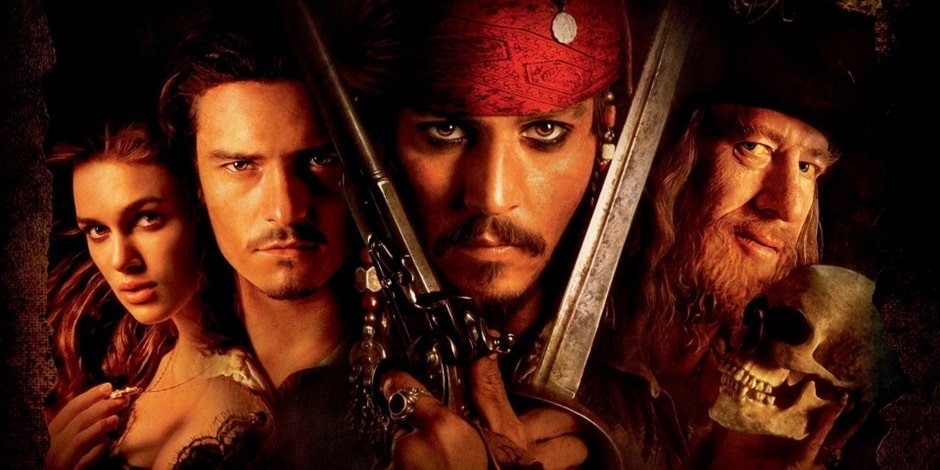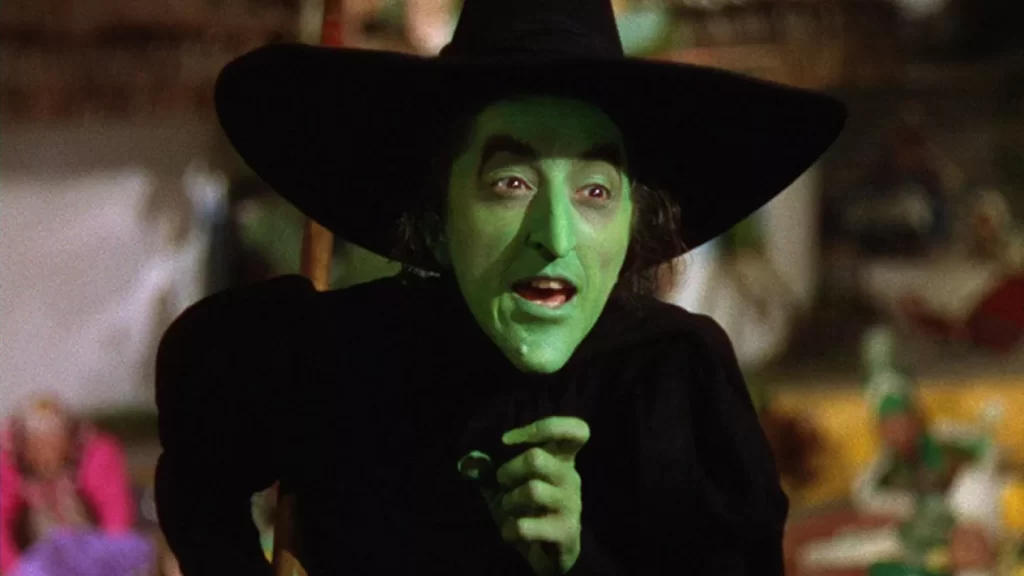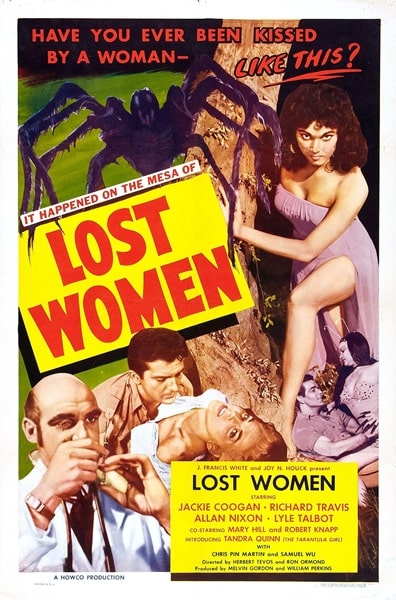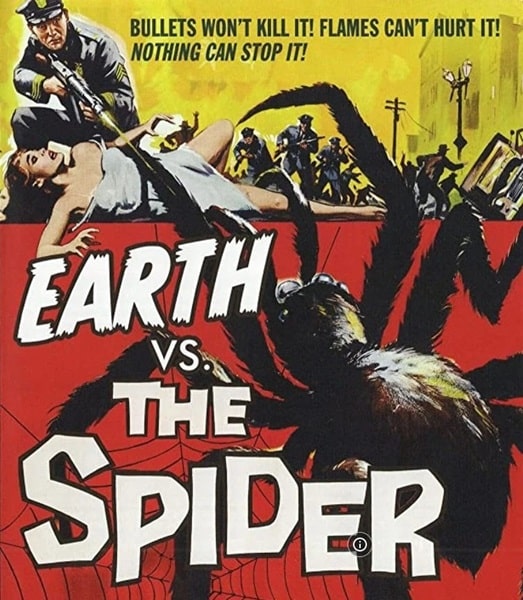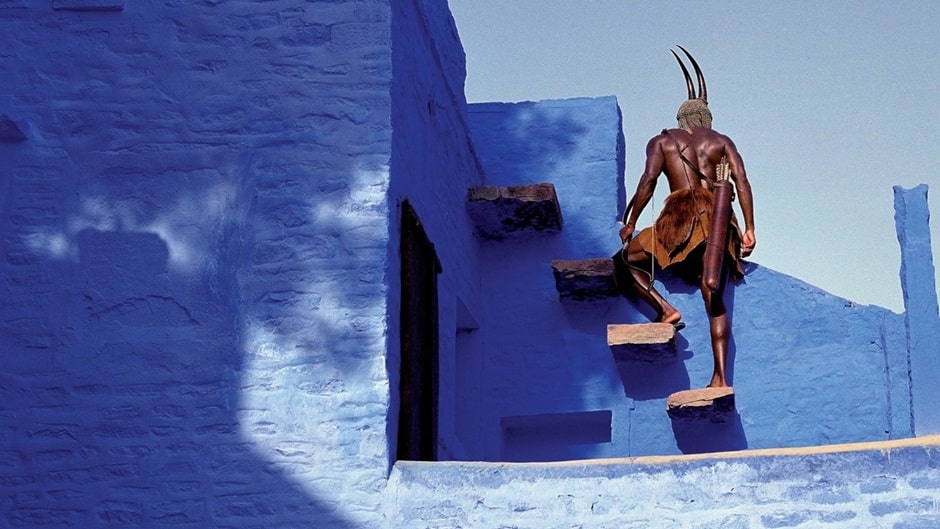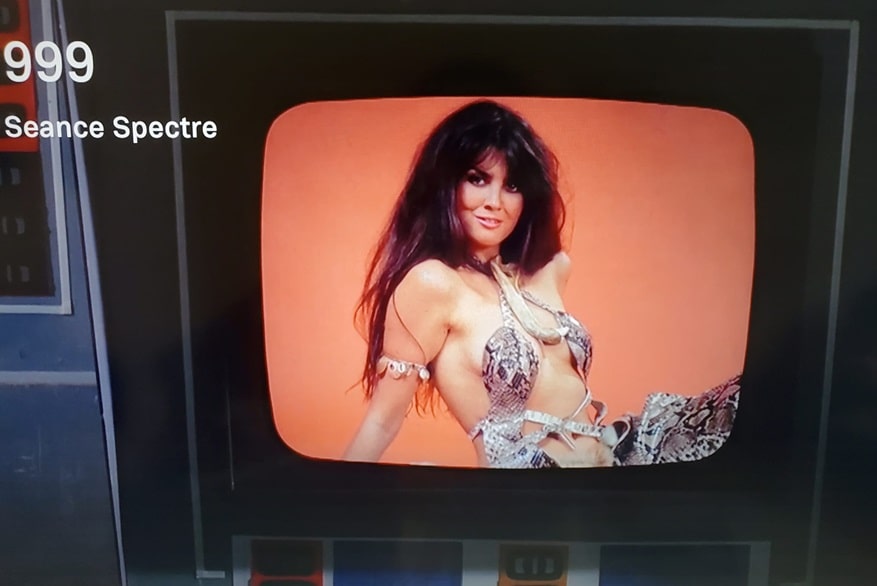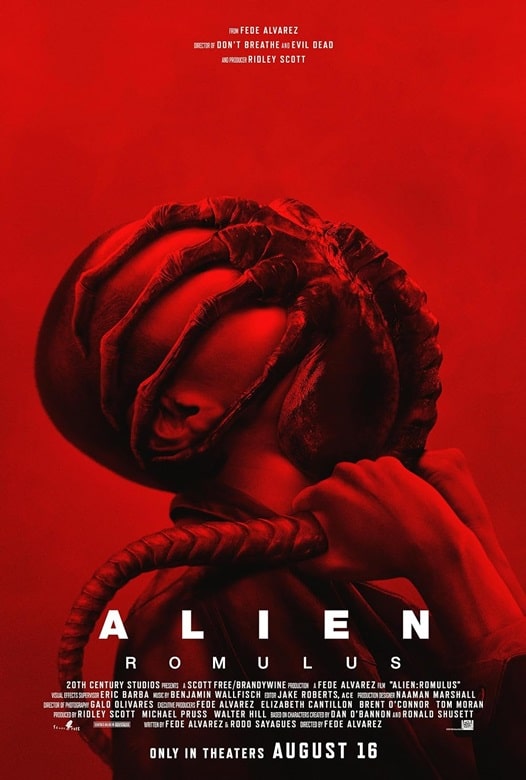Ten Things I Think Think: Marvel Edition
 At loose ends and not too keen on writing over the Labor Day holiday weekend, I decided to start a week-long Marvel deep dive. I had re-watched Guardians of the Galaxy stuff for the third one, so I set those aside. And I had watched the Logan movies not too long ago, so I skipped X-Men stuff.
At loose ends and not too keen on writing over the Labor Day holiday weekend, I decided to start a week-long Marvel deep dive. I had re-watched Guardians of the Galaxy stuff for the third one, so I set those aside. And I had watched the Logan movies not too long ago, so I skipped X-Men stuff.
With those parameters, I re-watched (with a couple first watches):
Avengers: Infinity War
Avengers: Endgame
Iron Man 1
Captain America: The First Avenger
Iron Man 2
The Amazing Spider Man 2 (Andrew Garfield – first watch)
Thor 1
The Avengers
Thor 2: The Dark World
Iron Man 3
Captain America: The Winter Soldier
The Fantastic Four 1
Venom (first watch)
The Fantastic Four 2: Silver Surfer
Spider-Man 1 (Toby Maguire)
Spider-Man 2
Spider-Man 3
That’s a lot of Marvel And I really enjoyed the re-watch. Because I figure the world always needs more of my opinion, it’s time for another Ten Things I Think I Think – Marvel Edition. I kept watching more, and there’s a follow up to this post, here. 🙂
